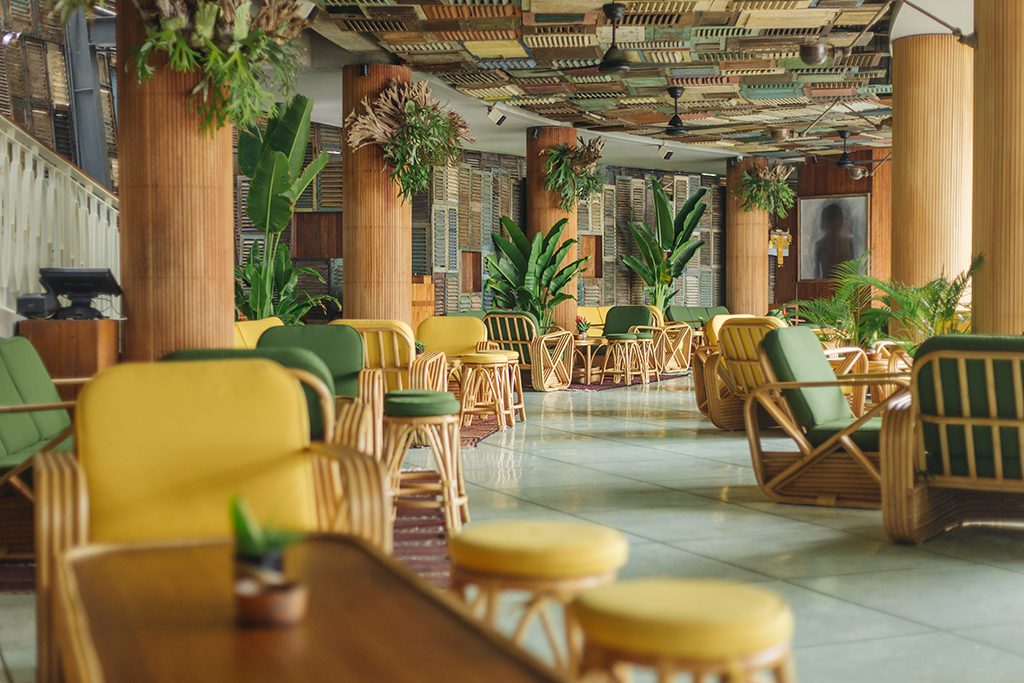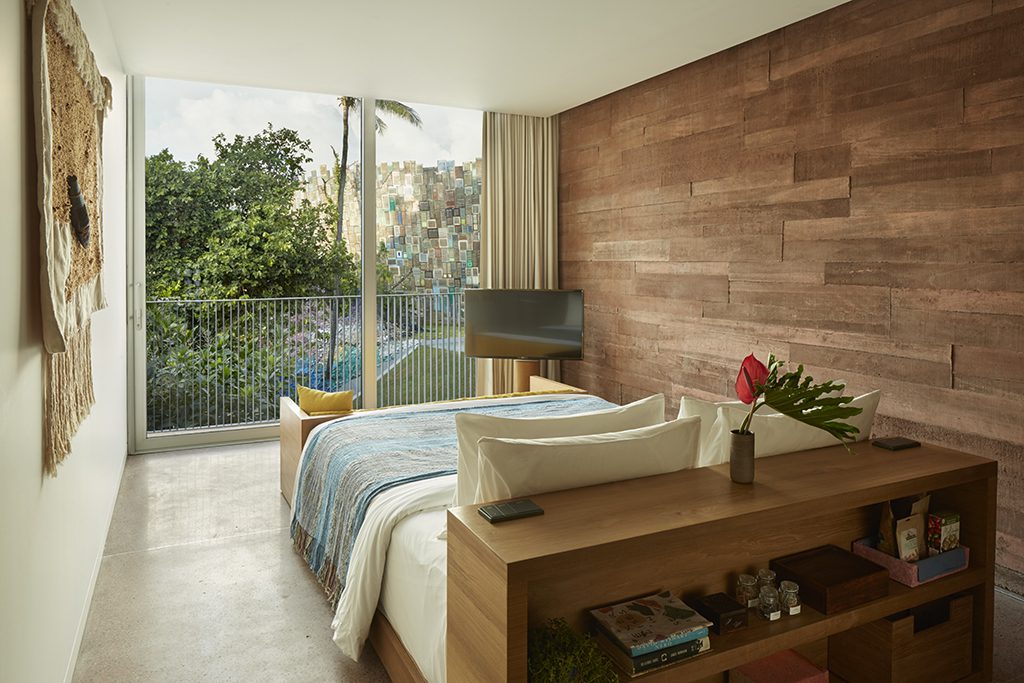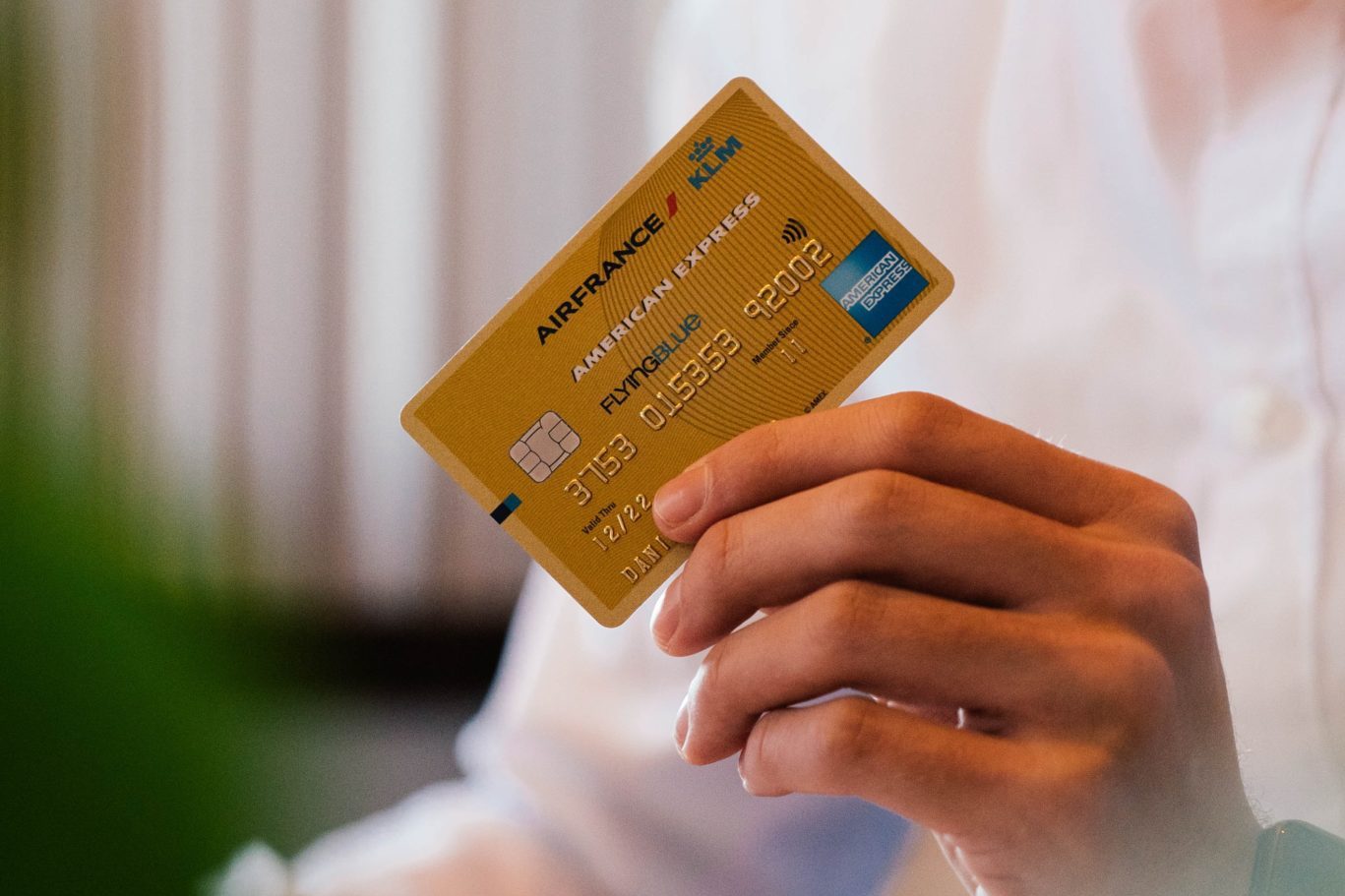Building an Indonesian Lifestyle Brand From the Ground Up

Skift Take

On Experience
Colin Nagy is a marketing strategist and writes on customer-centric experiences and innovation across the luxury sector, hotels, aviation, and beyond. You can read all of his writing here.We live in an era of lifestyle brands that lack a distinct point of view. Large chains obsessed with focus groups are digesting insights on a target — millennials or Gen Z — and spitting out new chains at a rapid pace. More often than not, this type of top-down, insights- and committee-focused approach doesn't work, and at worst, it can be cringeworthy.
It's refreshing, then, to witness a lifestyle brand emerging not from big-chain focus groups but from the singular vision of an Indonesian entrepreneur focused on culture and community. Potato Head, founded by Ronald Akili, began as a restaurant in Jakarta. It has since grown to include outposts in Singapore, Hong Kong, and Bali. The Desa Potato Head property in Bali has a beach club, a boutique hotel consisting of suites called Katamama, the oceanfront Potato Head Studios, and the latest piece of the "creative village" complex, a larger hotel footprint launching in May designed by Rem Koolhaas' firm, OMA.
Key to Akili's approach is the notion of an actual community. In a place like Bali, where tourism is rampant and there can be little to no interaction with locals, intermingling is the opportunity. It's the opposite of what the Travel Almanac recently called Bali Syndrome when describing the ramifications of segregated tourism and the resulting implosion of culture. The root of this is the disconnect between hospitality developers and locals.
Potato Head, on the other hand, manages an incredible balancing act: Its properties are beautifully designed and glisten with a new twist on Balinese culture. They attract global tastemakers like DJ Peggy Gou, Louis Vuitton's Virgil Abloh, and DJ Harvey (who designed the new club at the Bali property). Yet there's decidedly not a too-cool-for-school vibe, as you might detect at say, a Standard or a Freehand. Rather there is an emphasis on community and the commingling of different approaches and even life stages.

Shown here is the facade of the Desa Potato Head in Bali. The installation is made of multicolored 18th-century teak shutters sourced from around the archipelago. Photo: Desa Potato Head
This welcoming atmosphere was readily apparent when I visited the beach club in the evening. Families were out in full force, a few grandmothers were chilling out, and travelers from around the world were mixing with residents. There was a feeling of respect and harmony. The same can be said from the property outwards. The relationships with local farmers, craftsman, and purveyors are strong — and you get the sense that the community has been intentionally crafted in a symbiotic way that respects the core DNA of Bali but also pushes, prods, and makes it contemporary in some ways.
Akili told me this is not an accident, but rather by design. "Potato Head has always thought of itself as a family, and we treat everyone who joins us as an extended part of it," he said..."So the whole idea behind our creative village is to encourage interaction between different members of our family in hopes they will inspire each other. We do this in a few ways. For starters, we do a lot of free events — from morning yoga to late-night dance parties — which encourage a mix of people to attend. We also make it easy for families to hang out here: Our restaurants serve food designed for sharing, we have areas of our pools that are kid-friendly, and our sunset performance includes characters from Balinese mythology that real kids and cool kids love all the same."
The culture that has been developed around the brand doesn't feel contrived, but rather something that has been built up and iterated over time. It's one thing for a hotel in a tourist area to cart in international DJs by the ton and throw up galleries, but it's another to cultivate new scenes and serve as a catalyst rather than a megaphone for things that already exist.
"We’ve grown our culture pretty organically, the pillars of art and design have always been in our DNA," said Akili. "We do things based on our genuine interests, and this enables us to create experiences for our guests which are hard to replicate. ... We run Potato Head with a lot of passion and creativity, and I think the DJs and other creatives that stay with us can feel this organic connection." Indeed a scan through the Potato Head YouTube reads like a who's who of modern producers. UK musicians Disclosure holed up at the hotel to write a song and acts like Peggy Gou stop in not just to play but also to collaborate with the brand.
"I think the community aspect is always in the back of their minds with what they're doing," said Tim Sweeney, an international DJ who has played events at Katamama. "While they are doing something that attracts a global audience, they're not forgetting where they are and how they can help the island. Not just take everything from it. On the music side, this means making sure there are Balinese and Indonesian DJs on the lineups, having a record store focused on Indonesian music and studio space that [Bali-based DJ and producer] Dea is running for creating music with Indonesian artists."
As Bali continues to develop, it has established a reputation of sorts. Some pockets can feel kitschy and backpacker-y. Some pockets can seem like new-age digital nomad hangouts. But the emphasis on celebrating Indonesian creativity is a counterbalance to this in an increasingly homogeneous, globalized world of tourism. Potato Head champions both old and new elements of Balinese culture: The interiors incorporate naturally dyed fabrics. Colorful clothing and Indonesian records and crafts are on display. And there is an emphasis on Balinese craft that carries through to the design of the new hotel.
"I wanted to help conserve Indonesian craftsmanship and engage the community while showcasing Indonesia in a modern context," said Akili. "Almost every part of the hotel is handmade by the best artisans on the island. For example, we decided to work with a local brick company that had only been making temple bricks for many years. Through architect Andra Matin’s vision of using them for the hotel, other companies began to see potential in using them for commercial projects as well, and the brickmaker expanded his studio, and nearly the whole village is working there now!"
When discussing what the future holds for Bali in terms of tourism, and the inevitable question of sustainability, Akili told me that some of the ways forward might come about in looking to the past. "As a brand, we’re inspired by Bali and we want to showcase its traditions and values — which have remained unchanged for thousands of years — as we take Potato Head to other parts of the world. We also think Bali is the perfect place to experiment with innovation and change. A lot of the solutions for the future can be found by studying the ancient past."
The brand recently launched Ijen, a zero-waste seafood restaurant where, according to Gourmet Traveller, "plastics are processed into building bricks, green scraps are fed to local livestock, fish scales are the star ingredient in rice-flour crackers." They also launched Tanaman, a plant-based concept that plays on the traditional flavors of Indonesia in a modern way. Akili cited some of his travels in super-remote areas of Indonesia as examples of how you don't need to be techie and futuristic to be a strong conservationist. He asserted there are lessons from how cultures have been sustainable long before it became a hospitality byword.
With Potato Head, one gets the feeling of an emerging local and global brand coexisting at the same time. The culmination of art, hospitality, music, and culture are all packaged through an Indonesian lens, but it also feels hypermodern and worldly. And it's based on elements both ancient and new, through food, music, design, and craft. With all of this, it's clear that Indonesian culture deserves more attention around the world, and according to Akili, this is part of the overall vision: the opportunity to export Indonesian culture on a global scale.
"The aspiration for Potato Head has always been to go from a hospitality brand to a lifestyle brand," said Akili. "This has been a plan 10 years in the making."
Skift’s in-depth reporting on climate issues is made possible through the financial support of Intrepid Travel. This backing allows Skift to bring you high-quality journalism on one of the most important topics facing our planet today. Intrepid is not involved in any decisions made by Skift’s editorial team.






